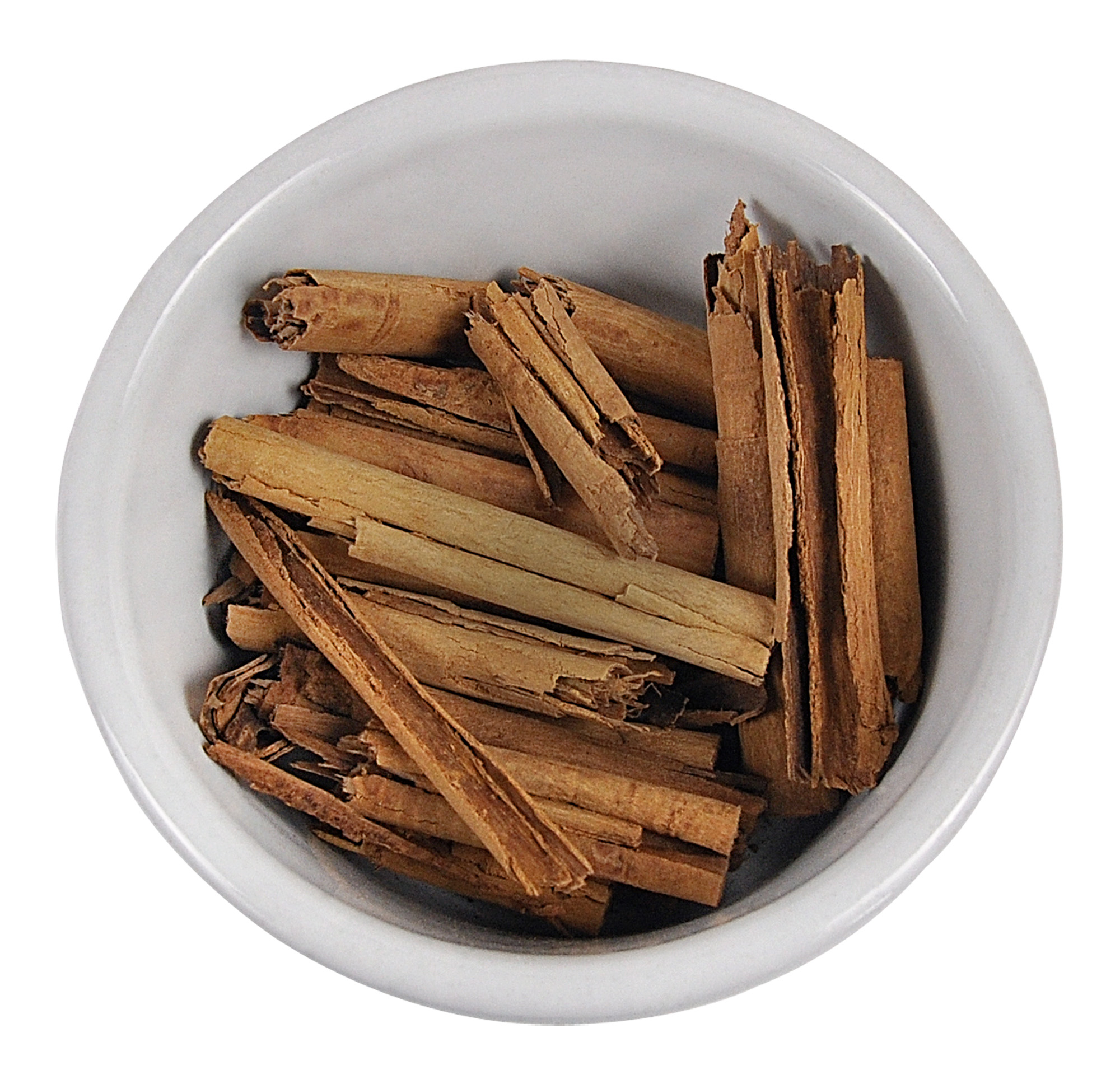Our Spice
Cardamom
Cardamom is the 3rd most expensive spice after saffron and vanilla. It is a tropical spice that comes in small seed pods. Cardamom is considered to be one of the oldest spices used by human beings, dating back over 4,000 years. Historians have concluded that Egyptians, Greek and Romans all used cardamom in food and for medicinal purposes. The Vikings discovered cardamom during their travels and introduced the spice to Scandinavia, where it remains very popular today. Cardamom is popular in many parts of the world both for its medicinal values and as an additive to food and drinks.
Cardamom is reported to provide many health benefits. More information on the health benefits can be found in this National Institute of Health study on the benefits of Cardamom: https://www.ncbi.nlm.nih.gov/pmc/articles/PMC5557534/.
Ceylon Cinnamon
Cinnamon is derived from the inner bark of the Cinnamomum tree. The earliest reports of cinnamon dates back to Egypt in 2000 BC. Cinnamon was considered very valuable, and often gifted to kings and gods in ancient times. Europeans discovered cinnamon in the 1500s when the Portuguese located it in the islands of Ceylon (now called Sri Lanka). The Portuguese and later the Dutch monopolized the cinnamon trade for the next 150 years. Later the British and other European countries joined in the trade.
There are hundreds of varieties of Cinnamon, but the variety called "Ceylon Cinnamon" is known as the true cinnamon. Other varieties, which are often called "Cassia", are common in North America and less expensive. Cassia is known to contain high levels of coumarin, which can be harmful to the liver. SpiceNectar does not use Cassia, but instead uses the expensive Ceylon Cinnamon, which has many potential health benefits. It contains anti-inflammatory antioxidant and anti-microbial properties. Information on the health benefits can be found in this National Institute of Health study on the benefits of Cinnamon: https://www.ncbi.nlm.nih.gov/pmc/articles/PMC4466762/.
Cloves
Cloves are the flower buds of clove trees that are dried till they turn brown. It has a sweet and fragrant taste. Cloves have been used in Asia for over 2,000 years as a food flavoring agent. According to some historical reports, cloves were traded as far back as 1721 BC. The general understanding is that Arab traders introduced cloves to Europe around 300 AD. Today, cloves are grown commercially in many parts of the world, including Brazil, Madagascar, and India.
Cloves are known to have a number of health benefits. Cloves have been used for medicinal purposes, as a cooking ingredient, as a flavoring agent in drinks, and for general well-being. More information on the health benefits can be found in this National Institute of Health study on the benefits of Cloves: https://www.ncbi.nlm.nih.gov/pmc/articles/PMC3819475/.
Black Pepper
Black Pepper is widely used today as a seasoning agent in food. Black Pepper is native to tropical countries such as India, Vietnam, Brazil, Indonesia and parts of China. It is one of the world's most traded spices.
Black pepper can be traced to ancient times, with references to the spice in Greek and Roman literature. By 40 AD, the Romans had a thriving trade in Pepper. At one point, Pepper was so highly valued that it was used as a form of currency along the trading routes. The famous medieval French phrase "as dear as pepper" is a validation of its value. The Portuguese explorer, Vasco De Gama discovered a trade route to India that allowed Portuguese to dominate the pepper trade till the 18th century. Later, the British and Dutch were heavily involved in the pepper trade. Black Pepper has many benefits. It helps in digestion, and is also known to have anti-oxidant and anti-bacterial properties. More information can be found in this report: https://www.ncbi.nlm.nih.gov/pubmed/17987447.




